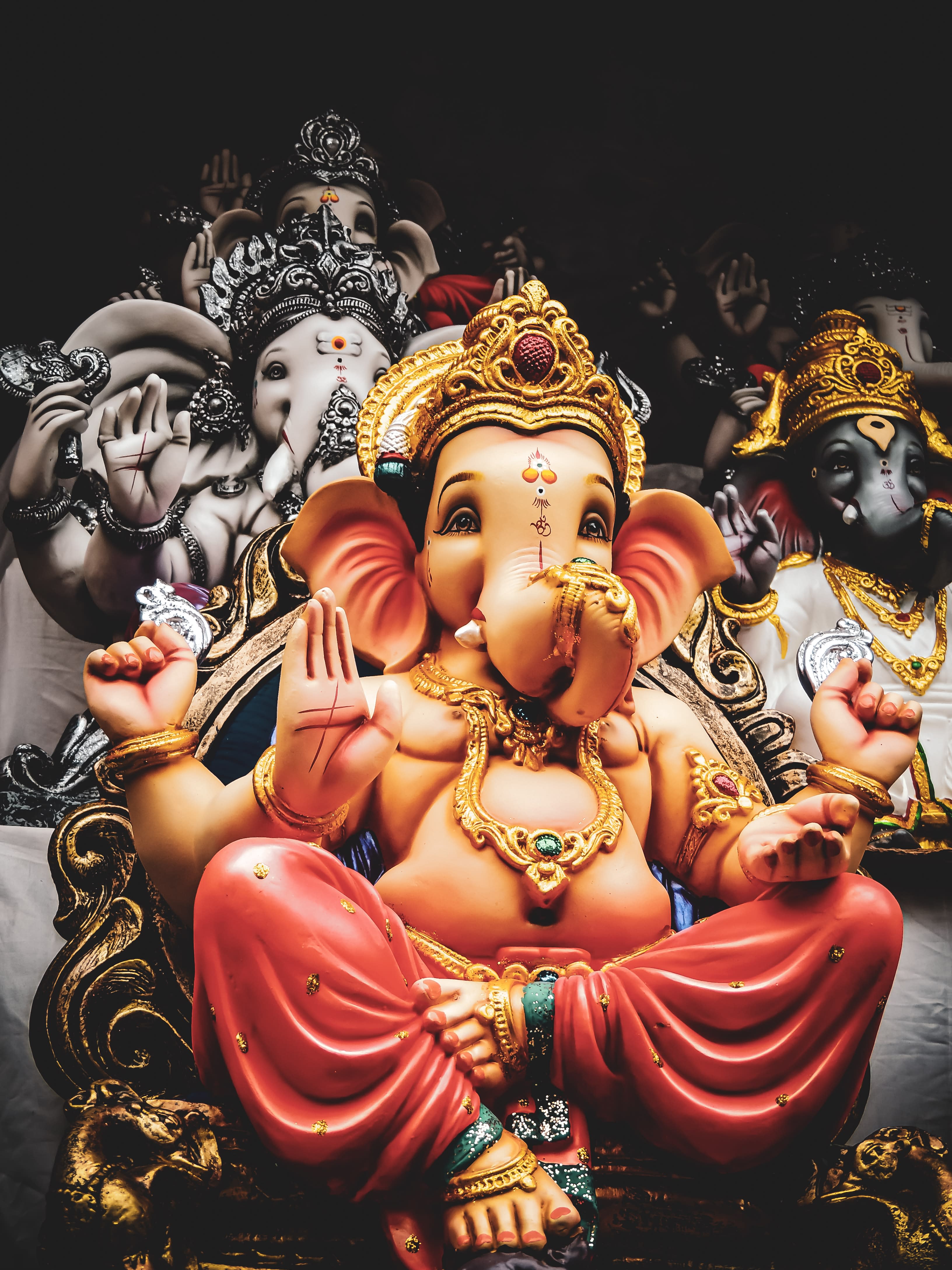Train the Mind: Choose Your Mantra

I remember well taking a class on Buddhist studies. I was sitting on a meditation cushion with a prayer book in front of me. My teacher, who is an ordained monk, had been studying Buddhism for the past 15 years. He started our class by reciting mantras. I had noticed that a lot of religions across the world recite mantras, and I was always curious about it.
Later, I asked my teacher, “Why do we recite mantras? Why do you learn so many mantras?”
He looked at me, smiled, and told me, “Don’t just recite the mantras, but become them. Become the qualities of the person whom you are reciting the mantra of. You should feel the same qualities inside you as the mantra.”
Training the Mind
Mantras are religious and spiritual for many people. But for me, they are very powerful mind training tools.
Before reciting the mantra, we need to understand the true nature of our mind. We can use meditation techniques to understand the negative and positive states of our mind.
And then, we can train our mind to decrease our negative states and keep perfecting our positive states. To give an example, anger is a negative state of mind because it disturbs our mind stream and we experience negative feelings when we are angry. Once we have identified the negative states, we can take corrective actions to reduce them. At the same time, we can take actions to keep perfecting our positive states of mind. Mantra recitation can be very powerful in accomplishing both of these.
That’s why they say you get attracted to a particular deity, mantra or hymn — because that’s probably what your mind requires.
Once you have understood the nature of your mind, choose the mantra to which you feel attached. Choose the deity to which you feel attached. And then only recite the mantra. It's important to feel the mantra and become the same qualities as mentioned in the mantra.
Let’s go a little deeper. First, mantra recitation tells us that these qualities are achievable. Mantras are often praising to the highest quality of a deity or a verse for your daily life. By saying it again and again, it develops inside of us a feeling that we can achieve these qualities as well.
Second, every time you recite the mantra, you should feel as if you have those qualities in you and you should act in a similar way. As you are reciting the mantra, feel the qualities flowing inside you and make a strong commitment to act in a similar manner throughout the day.
Lessons from Lord Ganesha
Let me give you an example of a mantra recitation practice of a beloved deity in Hinduism, Lord Ganesha.
Indians have grown up with a lot of stories of Lord Ganesha, who is chubby and always smiling. One of the most popular stories of Lord Ganesha involves his mother asking him to guard the door as she was taking a bath. She asked him not to let any person inside until she came out. He vowed to do as his mother had requested. Even when the most powerful Lord Shiva came, he refused to let him in. In this process, Lord Shiva warned him that he would behead him, but Lord Ganesha remained committed to his word. As a result, Lord Ganesha was beheaded. On seeing this, his mother wept and gave him an elephant head. Lord Ganesha was very happy since he was deeply committed to his word and didn’t mind an elephant head for the rest of his life.

Whenever I recite his mantra, I see a figure who is happy and positive. I see a person who makes time for listening to his family members, respects them and fulfills their needs by going to any extent possible. I see a person who is flexible in taking an elephant head as the need arose. This also deepens my values in sacrifice, that we can act for the welfare of others and still be happy. Whenever I recite his mantra, I see him clearly and I remember his stories. I often start mumbling to myself that these qualities are achievable. "Go, get these qualities," I say.
And believe me, it influences your behavior for the full day. You start seeing more positive things. You are happier and more likely to want to help others. You are flexible in your pursuits and ready to listen to other people.
The Power of Repetition
By repetitively doing this exercise, you come to a point that it becomes a habit for you. Whenever you feel a little dejected, you recite the mantra, and the complete picture of positivity, happiness and flexibility comes to your mind. You achieve the capability to inhabit these qualities in your daily life.
Isn’t this a great way to learn and train your mind?
I want to give you another example of one of my favorite mantras. I recite the mantra of Mother Tara, who is a beloved figure in Buddhism. I don’t recite the mantra to ask for gains. I recite the mantra so that I can become like her. She is a beautiful deity whose one leg is crossed, and another leg is on the ground, as if she is about to get up and save the world. When I sit on my meditation cushion, I visualize her, and I see so many qualities that she has achieved. She has achieved the greatest realizations of compassion and immeasurable love.
When I recite her mantra and visualize her, a positive energy flows through me. Visualizing her leg on the ground, I feel as if I want to get up, too, and help the world as much as I can. It's as if I want to get up quickly and run toward people as soon as they call me. The powerful energy flows through me, filling my body with all the qualities that I aspire to.
By doing this exercise daily, these qualities start to become part of me.
This is a very powerful practice. A small mantra can teach you the highest qualities that are possible for you to achieve. Every morning, recite your favorite mantra, your favorite verse or your favorite hymn and feel the energy flowing through you. Don’t just recite it, become it fully, completely, to the point where you don't know where the mantra ends and you begin.
Header photo: Arindam Ghosh/Getty Images








